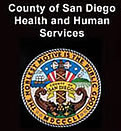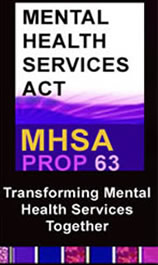...Coping with the Stress of Natural Disasters ....“If your community has been hit by a natural disaster, you’re probably trying to make sense of what happened and deal with the stress of the situation. These events create a tremendous amount of stress and anxiety for those directly and indirectly affected. In the days and weeks following the disaster, you may begin to have some of these common reactions: • Disbelief and shock It is ‘normal’ to have difficulty managing your feelings after major traumatic events. However, By talking with others about the event, you can relieve stress and They can help you through this tough time. If your family lives outside the area, stay in touch by phone. If you have any children, encourage them to share their concerns and feelings about the disaster with you. Get plenty of rest and exercise, and eat properly. If you smoke or drink coffee, try to limit your intake, since nicotine and caffeine can also add to your stress. Watching or reading news about the event over and over again will only increase your stress. Read a book, go for a walk, catch a movie or do something else you find enjoyable. These healthy activities can help you get your mind off the disaster and keep the stress in check. For people under stress, an ordinary workload can sometimes seem unbearable. Pick one urgent task and work on it. Once you accomplish that task, choose the next one. “Checking off” tasks will give you a sense of accomplishment and make things feel less overwhelming. Give blood, prepare “care packages” for people who have lost relatives or their homes or jobs, or volunteer in a rebuilding effort. Helping other people can give you a sense of purpose in a situation that feels ‘out of your control.’ Drugs and alcohol may temporarily seem to remove stress, but in the long run they generally create additional problems that compound the stress you were already feeling. If your feelings do not go away or are so intense that they interfere with your ability to function in daily life, talk with a trusted relative, friend, doctor or spiritual advisor about getting help. Make an appointment with a mental health professional to discuss how well you are coping with the recent events. You could also join a support group. Don’t try to cope alone. Asking for help is not a sign of weakness. • Local Resources: Access and Crisis Line: 1- 800- 479- 3339 |
|
Salud+HealthInfo is for information and educational purposes only. You should not rely on this information as a substitute for personal medical attention, diagnosis or hands-on treatment. If you are concerned abut your health or that of a child, please consult your family's physician or health provider immediately and do not try to diagnose yourself. Salud+Health Info is published and distributed free of charge by Info Option Network (ION) Publishing Company. Copyright © 2001-2006 Info Option Network |
|
San Diego's SALUD+HEALTH info in English & en Espaņol

The first, the best & the only English & Spanish Magazine in San Diego, California


